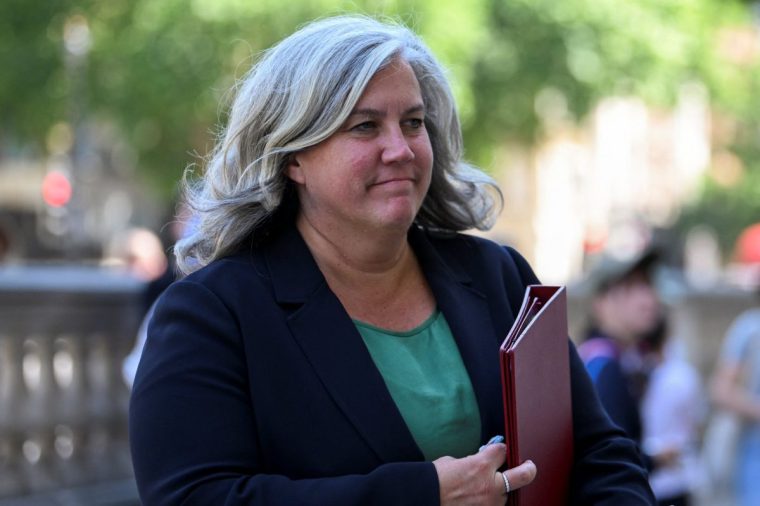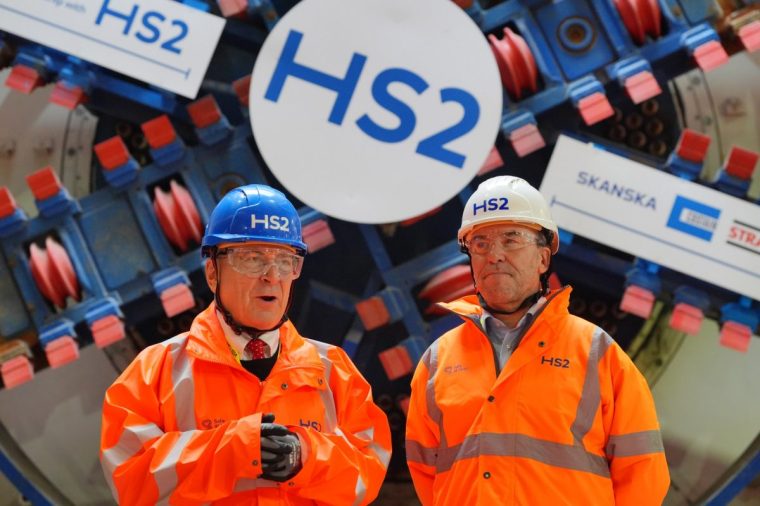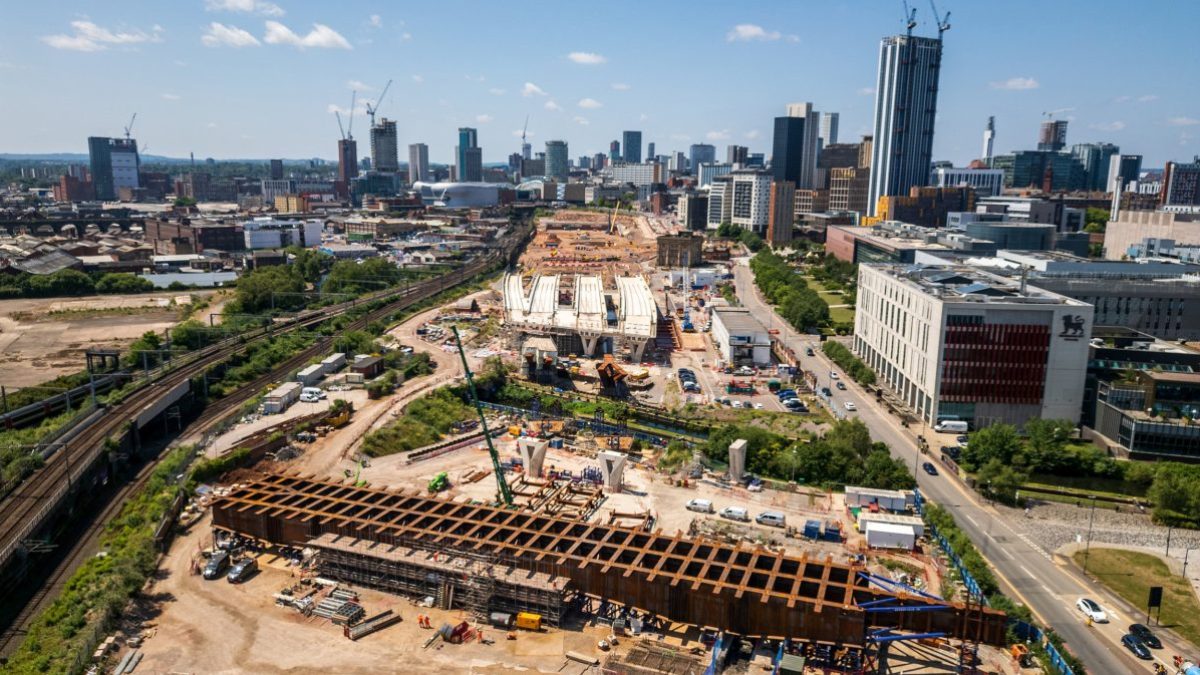The eastern section of Phase 2b of the line was cancelled nearly four years ago
The government will start selling off the land and hundreds of properties it bought up along the eastern leg of HS2 to Yorkshire, marking the plans officially dead.
Transport Secretary Heidi Alexander announced on Thursday she had formally lifted safeguarding protections for the majority of the land intended to take HS2 to Leeds.
The eastern section of Phase 2b of the line was cancelled in November 2021 and the entire northern leg above Birmingham scrapped by then prime minister Rishi Sunak in 2023.
More than 550 properties along the Yorkshire route of Phase 2b were bought by the taxpayer through HS2 Ltd because they were set to be levelled by the railway.
 Heidi Alexander formally lifted safeguarding protections for the majority of the land intended to take HS2 to Leeds (Photo: Jaimi Joy/Reuters)
Heidi Alexander formally lifted safeguarding protections for the majority of the land intended to take HS2 to Leeds (Photo: Jaimi Joy/Reuters)
These properties will now be offered back to their former owners at the current market value, Alexander said. Properties not bought back will be offered on the open market from early 2026.
She announced the safeguarding changes in a six-monthly written update to Parliament on HS2. Safeguarding is used to stop land from being developed in a way that would conflict with future schemes. Removing safeguarding means the process of selling it can begin.
Alexander said the mass sale will happen “in a sensible and sensitive way, ensuring value for money for the taxpayer and avoiding disruption to local property markets”.
The Transport Secretary also revealed the up-to-date spending figure for the now cancelled Phase 2 of the project is £2.6bn. This includes hundreds of properties that were also bought for the western leg of Phase 2, which was supposed to take HS2 to Crewe and Manchester.
 HS2 CEO Mark Wild (right) visited the Old Oak Common station box site with Rail Minister Lord Hendy (left) earlier this year (Photo: Jonathan Brady/PA Wire)
HS2 CEO Mark Wild (right) visited the Old Oak Common station box site with Rail Minister Lord Hendy (left) earlier this year (Photo: Jonathan Brady/PA Wire)
The government will continue to safeguard these properties following a promise to provide alternative rail transport in the region. Some land around Leeds station will also be retained “to allow for potential enhancements to the existing station”, the government said.
Alexander announced last month there was “no route” to meet the target date of having HS2 services running by 2033. The first phase was initially scheduled to open by the end of 2026, but this was later pushed back to between 2029 and 2033.
In 2013, HS2 was estimated to cost £37.5bn (at 2009 prices) for the entire planned network, including the now-scrapped extensions from Birmingham. In June last year, HS2 Ltd assessed that the cost for the line between London and Birmingham would be up to £66bn.
It comes after The i Paper revealed that Sir Keir Starmer risks a revolt among Northern leaders amid fears Labour will not deliver the major rail investment in has promised.
Oliver Coppard, the mayor of South Yorkshire, expressed his disappointment that a recent announcement on rail investment also confirmed the government will not be continuing to invest in the electrification of the Midlands Main Line to Sheffield.
“We don’t have a clear picture of what the government are trying to achieve in the North,” he said.
Henri Murison, chief executive of lobby group the Northern Powerhouse Partnership said the HS2 safeguarding decision raises more questions about future rail investment.
“The loss of the eastern leg reduces the usage and value for money of the section towards London, a situation exacerbated when the western side of Phase 2A to Crewe and 2B to Manchester was later cancelled by then Prime Minister Rishi Sunak,” he told The i Paper.
“There remains an issues of how to serve cities such as Sheffield with HS2.
“Many of us in the business community strongly support completing Midland Main Line electrification to enable – with relatively limited new infrastructure – a connection to HS2 at the junction still being built and funded for that purpose in Phase 1 of HS2.
“Just because the previous government started building the railway from the south, rather than the north as leaders in Manchester and Leeds called for at the time, doesn’t mean we need these improvements any less now than we did then.”
